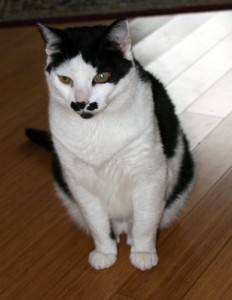![]()
![]()
![]()
![]()
![]()
![]()
![]()
![]()
![]()
anñāntiwa
This refers to the quality of being mixed together. Since it is generally an attribute of more than one thing or substance, it often appears in the collective.
Sentence #33:
la anlāji anēkki ansīñi ankīþi sūjīr nīkan ankēji anñāntiwi tō tūaþ ñi ankeþāwi tō þō tō anmārwi;
There at the back were tall rocky red-brown mountains and sky mixed up together so that here and the world were divided.

